Lights, Camera, Action!
Monday, August 26, 2024
During their Obermann Interdisciplinary Research Grant (IDRG) in summer 2024, screenwriter Dean Bakopoulos (Cinematic Arts) and drama scholar Jennifer Buckley (English & Theatre Arts) wrote the pilot for a new historical TV miniseries: Anton & Olga.
The show, which Bakopoulos and Buckley plan to pitch to producers early next year, follows revolutionary playwright Anton Chekhov, actress Olga Knipper, and their colleagues at the newly-established Moscow Arts Theater (MAT) through personal, political, and artistic upheaval at the end of the nineteenth century. By exploring the creative clashes and collaborations that fueled Chekhov and the MAT, Bakopoulos and Buckley aim to reintroduce modern audiences to an important part of theatrical history. “So many of our ideas of what counts as ‘good acting’ come from them [the MAT],” explains Buckley, “especially from their co-founder, Konstantin Stanislavski, whose ‘system’ still gets taught today in acting programs. Our demands for nuance, subtlety, and emotional truth are all founded on their work.”
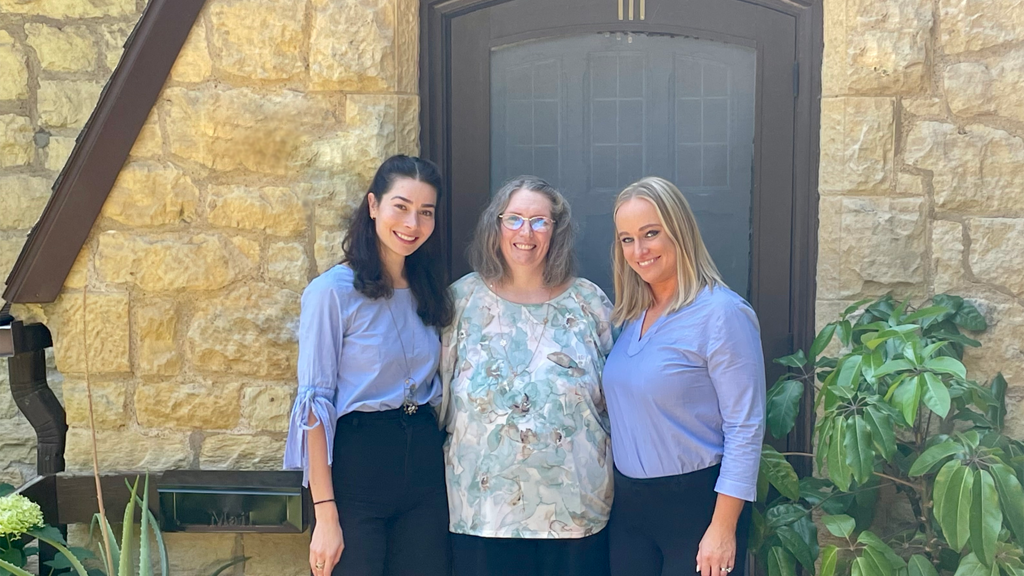
Promoting Breastfeeding in Women with MS
Thursday, September 28, 2023
It’s tough to be a new mother, whoever you are, whatever your income, wherever you live. But for women with chronic health conditions, it’s exceptionally difficult. Even breastfeeding can feel like an insurmountable task, full of uncertainties about the transmission of medications in breastmilk and the physical demands of holding an infant for long periods of time.
This past summer, an Obermann Interdisciplinary Research Grant team, aided by Spelman Rockefeller funding, began studying breastfeeding in women with multiple sclerosis (MS), a chronic disease of the brain and spinal cord. “There’s a huge gap of knowledge in regards to breastfeeding for women with MS,” say the grant project’s co-directors Christine Gill (Clinical Assistant Professor, Neurology), Pamela Mulder (Clinical Assistant Professor, Nursing), and Solange Saxby (Postdoctoral Research Scholar, Internal Medicine)—largely because pregnant and lactating women tend not to volunteer for research trials. It’s a serious oversight, since MS is three times more common in women than in men and is more frequently diagnosed in women of childbearing age (between 20 and 40) than in any other group. Symptoms vary among patients but commonly include fatigue, muscle weakness, tingling, numbness, vertigo, and walking difficulties due to nerve fiber damage.
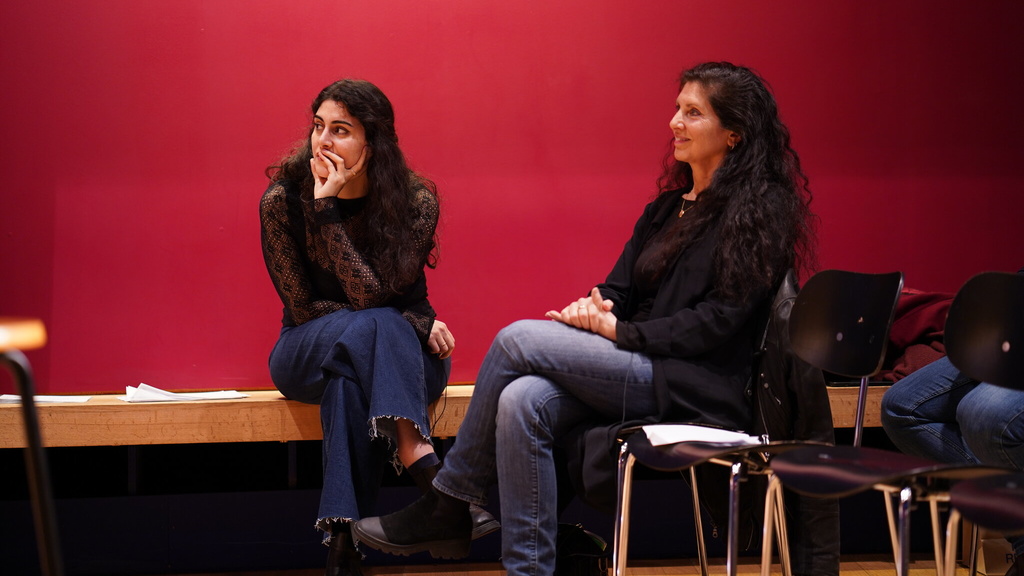
Exploring Trauma and Imagination: "Ruinous Gods: Suites for Sleeping Children" Opera Takes Shape
Thursday, August 17, 2023
Obermann Interdisciplinary Research Grant recipients Layale Chaker and Lisa Schlesinger (Theatre Arts) are deep in the creative process, weaving together the intricate threads of music, storytelling, and stagecraft to bring to life their ambitious opera, Ruinous Gods: Suites for Sleeping Children. The project, commissioned by Spoleto Festival USA, centers on the experiences of displaced children grappling with resignation syndrome—a rare trauma response to displacement—and seeks to carve out a space for imagination and empowerment within the realm of opera.
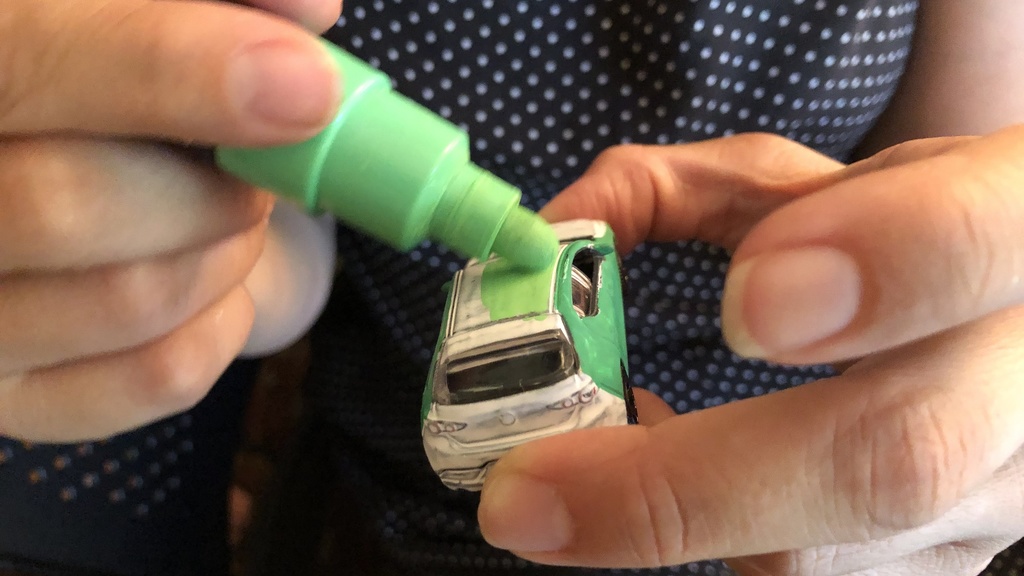
Scholars Create Demo Derby as Comment on U.S. Political Discourse
Monday, August 7, 2023
A green car with the words “climate change” emblazoned on its doors slams into the back of a red car with the word “healthcare” on it, crumpling the bumper. Other cars with the terms “gun control,” “free speech,” and “abortion” repeatedly crash into each other in the muddy arena at the county fair, until one car emerges victorious.
Just Crushing is an artwork taking the form of a demolition derby to embody American political discourse as a spectacle of competitive wreckage. The Interdisciplinary Research Group (IDRG) consists of Allison Rowe (Teaching & Learning), Maia Sheppard (Teaching & Learning), and Nancy Nowacek (Stevens Institute of Technology). Drawing upon the theatrics of Carnivale, the hometown grandiosity of state fairs, and the rich history of destructive art, vehicles representing critical issues in American politics will brutalize one another as the crowd cheers and jeers them on. Through its live, winner-takes-all battle, this project stands in opposition to the polarizing debates of stylized dialogue across partisan media. In this way, Just Crushing literalizes us-versus-them culture and reveals the absurd extremes to which political discourse has arrived: where every issue must fight for a public and a platform.
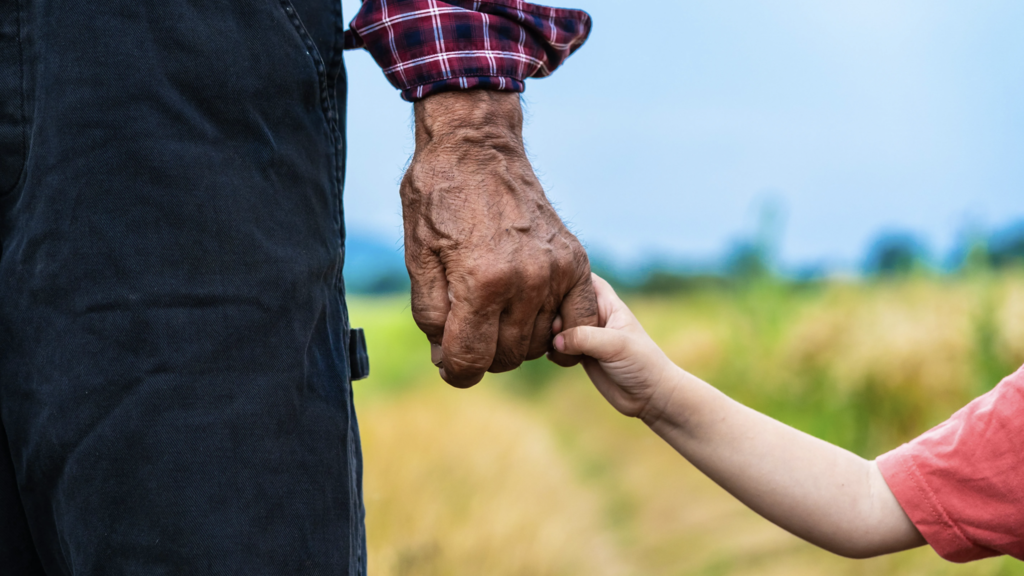
Exploring Healthy Aging across the Life Course
Wednesday, July 5, 2023
Health happens in families and yet many health promotion interventions are not tailored for the family as a unit. Multigenerational households (i.e., families that consist of three or more generations) have become a more prevalent family structure in the U.S. and provide essential caregiving functions. This summer, as part of their Obermann Interdisciplinary Research Grant, "Healthy Aging across the Life Course: Engaging Multigenerational Families Living with Chronic Conditions," Ebonee Johnson (College of Public Health), Duhita Mahatmya (College of Education), and Kimberly Dukes (Internal Medicine) utilized the principles and practices of community engagement to better understand health and healthy aging in multigenerational families experiencing chronic illness and disability.
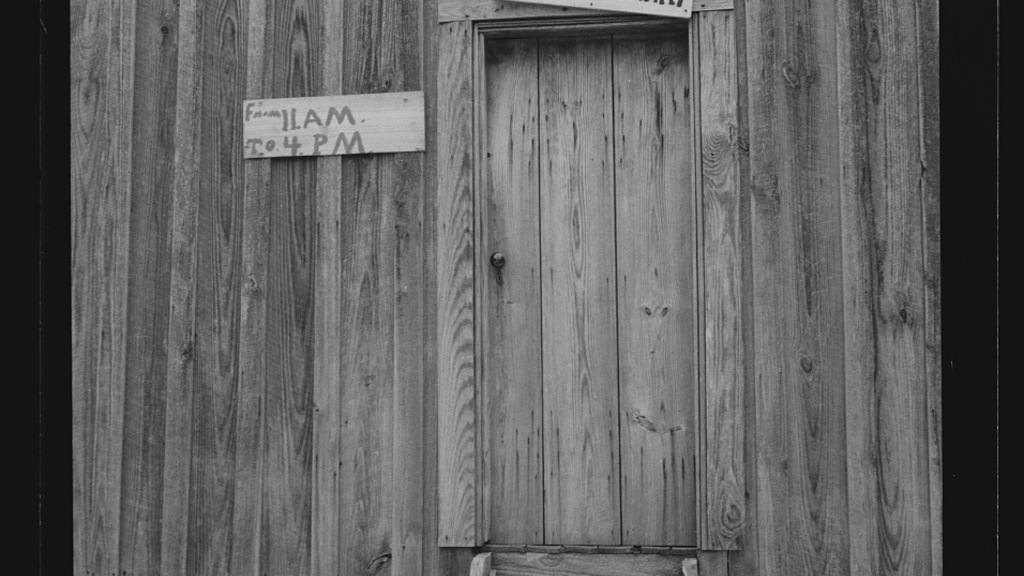
Training Librarians to Preserve Community Memory
Thursday, August 19, 2021
Over the past two decades, say Micah Bateman and Lindsay Mattock, recipients of a 2021 Obermann Interdisciplinary Research Grant, library and information science (LIS) graduate programs have privileged information science, data science, and computer science—at several universities even merging with computer science departments—over human- and community-centered practices central to the mission of library and archival sciences. One such practice involves the management of community memory records—everything from genealogical documents to newspaper archives to oral histories. Bateman and Mattock note that at small and rural libraries, these records often go “unmanaged and underused, and reflect only the narratives of majority or dominant populations” because the librarians working with those collections have been largely neglected by LIS training programs that privilege “big data” paradigms.
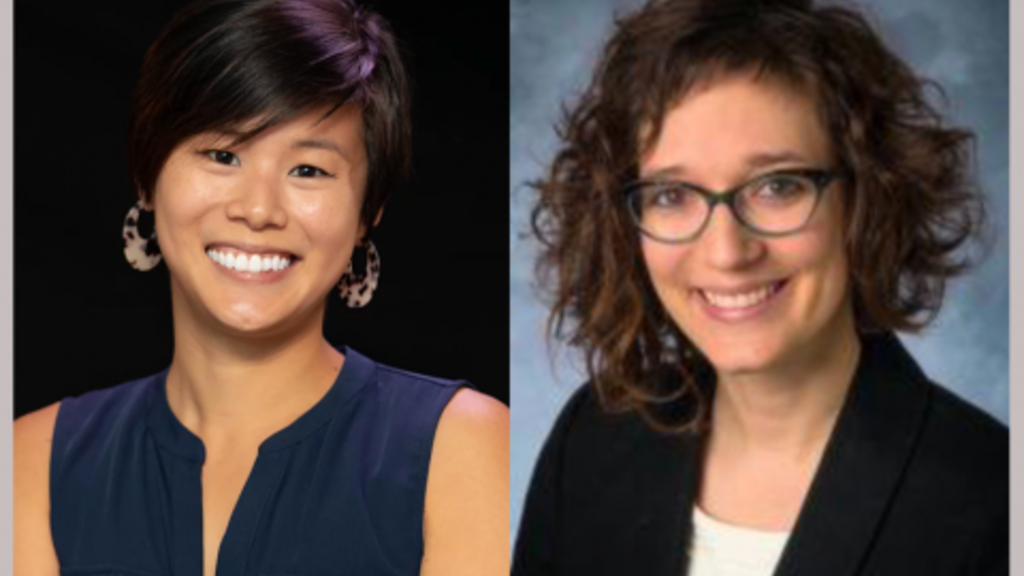
A Project Postponed: Scholars Take Interdisciplinary Grant Project on the Road
Friday, July 30, 2021
When the pandemic postponed Natalie Fixmer-Oraiz (Communication Studies and GWSS, University of Iowa) and Shui-yin Sharon Yam's (Writing, Rhetoric, and Digital Studies, University of Kentucky) Obermann residency for their Interdisciplinary Research Grant project last summer, they decided to postpone their work until they could meet in person. Though the Center remained closed to faculty this...
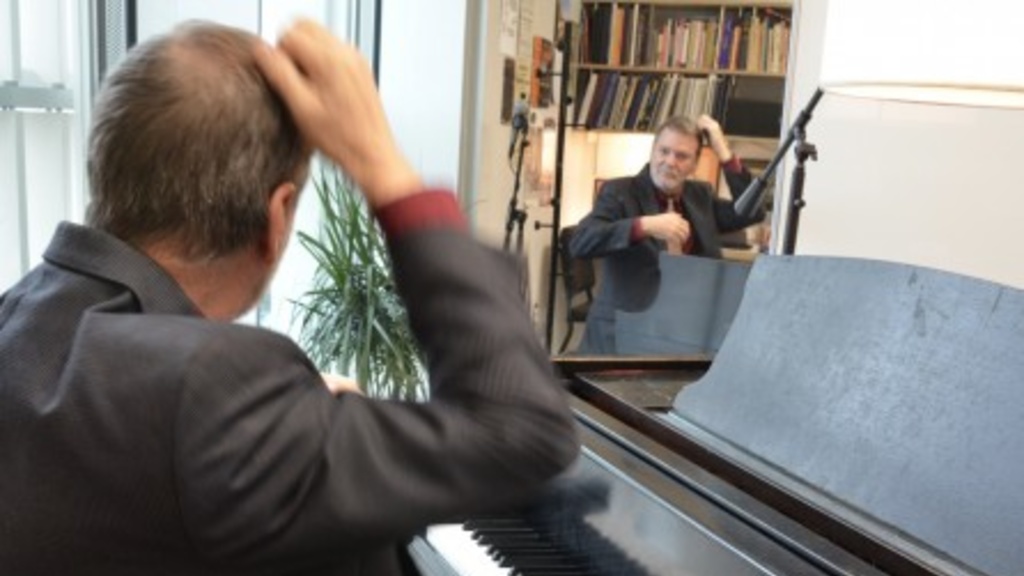
John Rapson: Looking Back at a Generous Collaborator
Tuesday, July 27, 2021
In the summer of 2014, it wasn't uncommon to find two faculty members padding around the Obermann Center in bare feet as they dashed from their upstairs offices to the downstairs library to watch movies. While it appeared to be a scholarly form of summer camp, John Rapson (School of Music) and Paul Kalina (Theatre) were deep in research as they broke down how music and movement interacted in old...
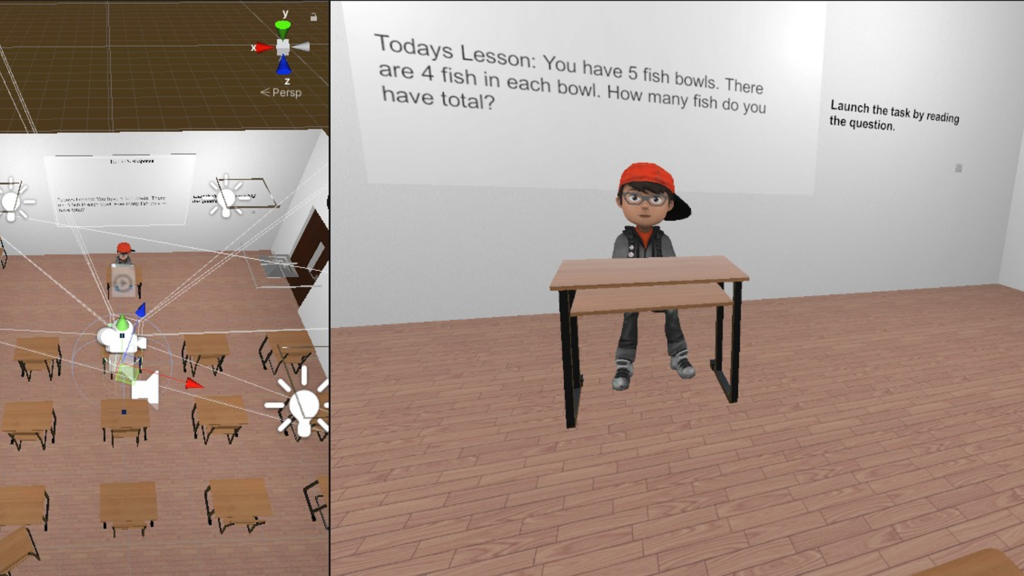
Using Virtual Reality to Train Math Teachers
Thursday, July 8, 2021
Most children in the U.S. struggle to learn mathematics, with 50 to 75% of students scoring below proficient on achievement tests in grades 4 through 12. Children with disabilities such as autism tend to fare even worse. Clearly, math teachers must be equipped to educate students who require varying levels of support—but, for the most part, they aren’t. Logistical issues inherent in conventional...
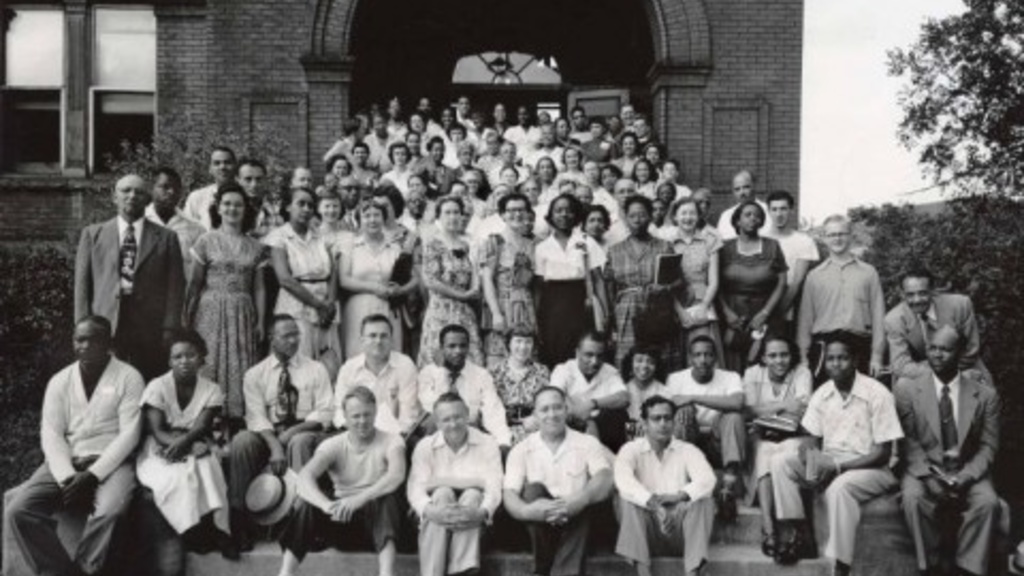
Planning the UI College of Education Annual Summer Racial Justice Institute
Tuesday, May 25, 2021
In 1944, sociologist Charles S. Johnson launched the Fisk University Race Relations Institute (RRI), which ran until 1969. His goal was to identify the social, political, and economic policies and practices that limited opportunities for Blacks and other marginalized racial groups and contributed to racial unrest in the U.S. The RRI differed from the other estimated 400 organizations working to...
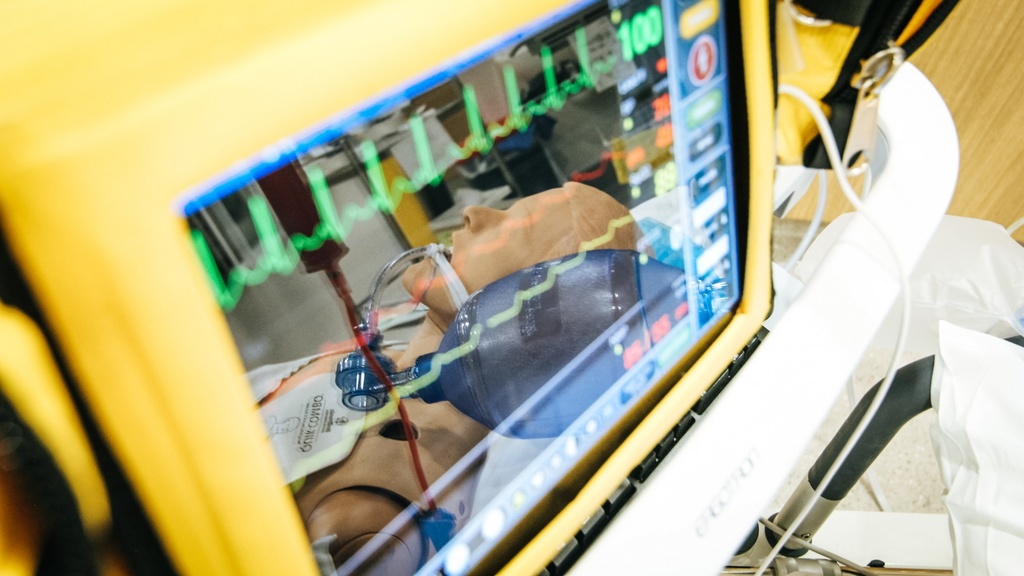
Heart Attack or Takotsubo Syndrome? An AI project seeks to differentiate
Monday, May 24, 2021
Chest pain, shortness of breath, and an irregular EKG are hallmarks of a heart attack. However, some people exhibiting these symptoms may actually be experiencing takotsubo syndrome (TTS), a weakening of the left ventricle. The majority of cases of TTS, which is more prevalent in women, are caused by acute stress, such as unexpected loss, serious illness, intense fear, or a violent interaction...
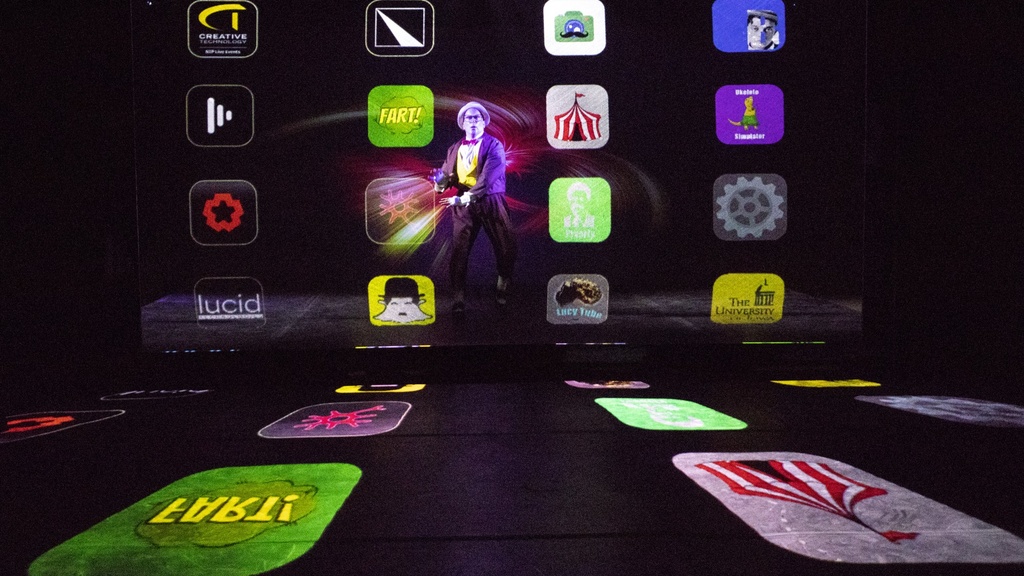
A Clown Walks Into the Matrix...
Tuesday, September 17, 2019
Or how one group is searching for the holy grail of live entertainment Paul Kalina is wearing a suit that has three kinds of technology embedded in it. He is a clown who has performed bedside for kids in hospitals and on the barest of stages. But in June 2019 he is in Prague for the world’s largest festival of theater and stage design, the PQ—or Prague Quadrennial. He is going on stage...
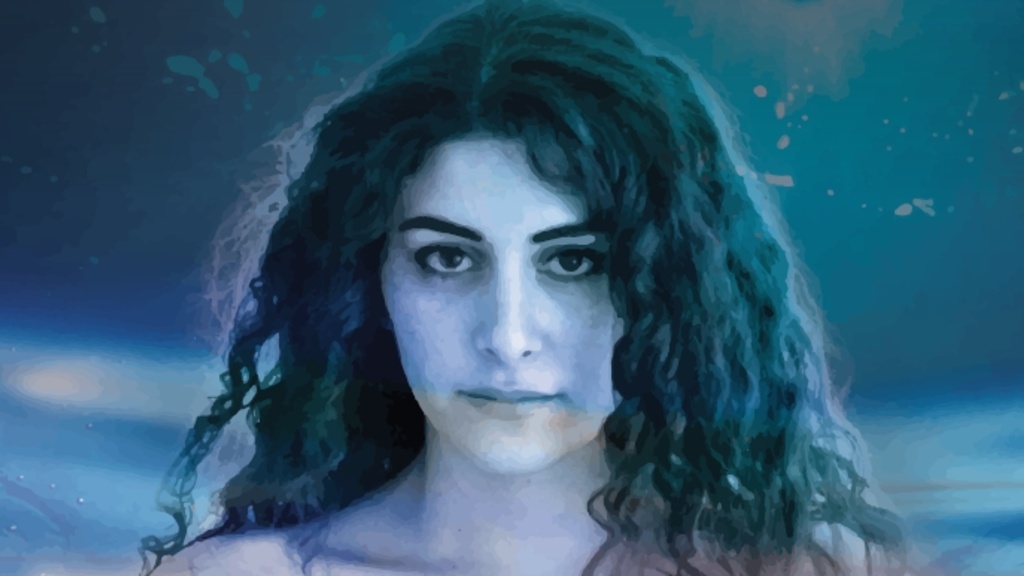
Iphigenia Point Blank—On stage and in the community
Tuesday, October 9, 2018
Two summers ago as part of the Obermann Interdisciplinary Grant program, a group of artists commandeered the Obermann attic and covered tables and walls with prints of Greek vases and statues, photos of George W. Bush and fashion models on the catwalk, a golden blanket made of foil, and film stills of abandoned life jackets. The rich array of objects and images proved to be the birthing site for a...
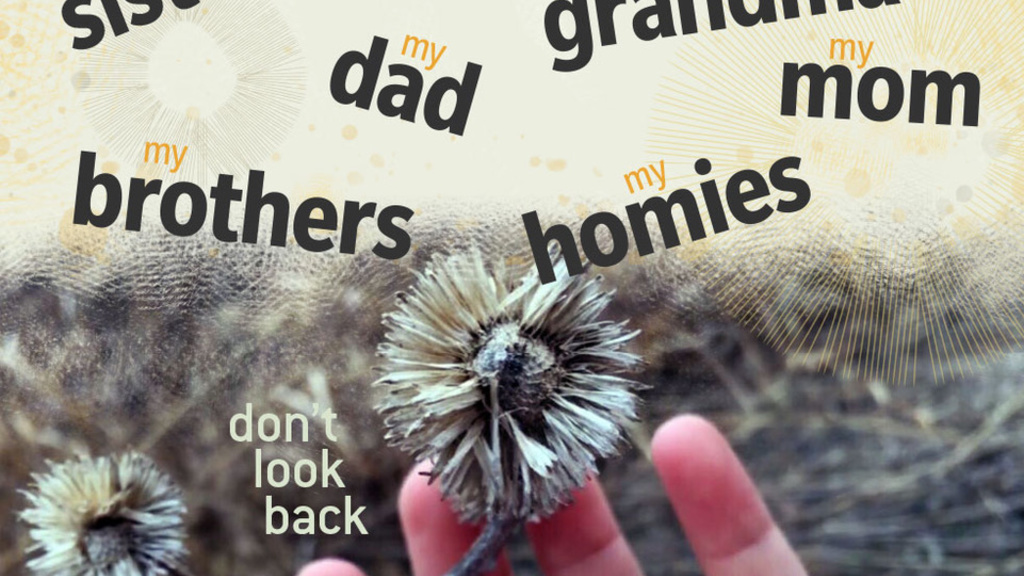
Capturing the Lived Experiences of Latinx High Schoolers
Tuesday, September 25, 2018
As recipients of a Summer 2018 Interdisciplinary Research Grant, Gerta Bardhoshi (Counselor Education), Leslie Ann Locke (Educational Policy & Leadership), and Jeremy Swanston (Art & Art History) are engaged in a multi-phase project that seeks to give voice to rural Latinx high school students' lived educational experiences, engage in critical dialogue, and promote policy development in the...

Colliding Art Forms and Documenting Refugees: The Iphigenia Project
Monday, September 25, 2017
“We don’t collaborate, we collide!” declares Irina Patkanian as she sits down for a conversation with fellow artists Lisa Schlesinger and Marion Schoevaert to discuss their Iphigenia Project and its culminating piece, Iphigenia at Lesvos: Story of a Refugee. The project has been unfolding for several years and reflects not only current world events, but the three women’s process-oriented working...
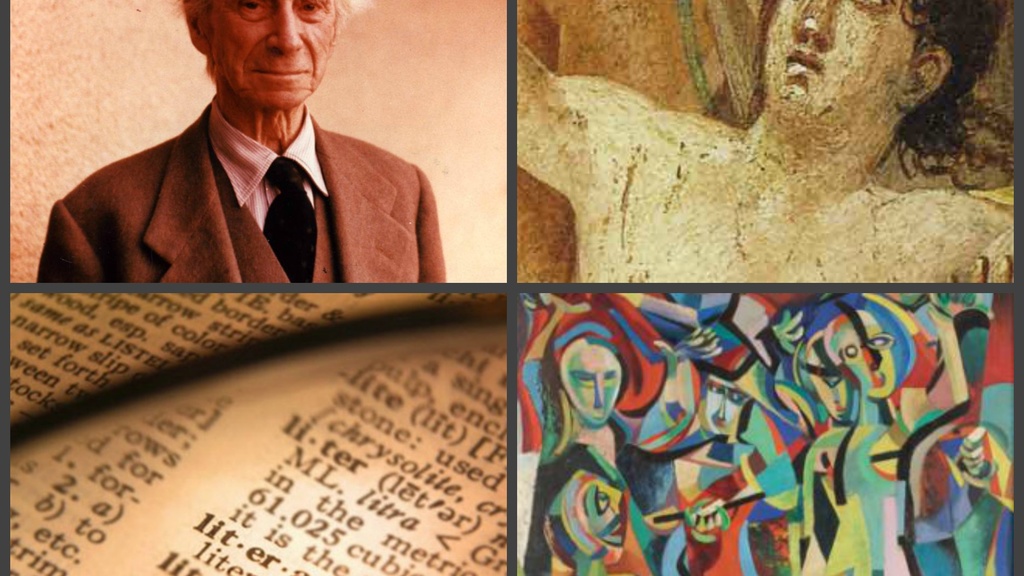
Summer Brings Russell Scholars, a pair of education projects, two arts projects, and digital collaborations to the Obermann Center
Tuesday, April 25, 2017
The Obermann Center will host multiple groups this summer, working on projects ranging from an edited anthology to a "film opera." The Philosophy of Physical Atomism is the focus of this year's Obermann Summer Seminar. These lectures, given by Bertrand Russell in the early months of 1918, were published in pairs in four issues...
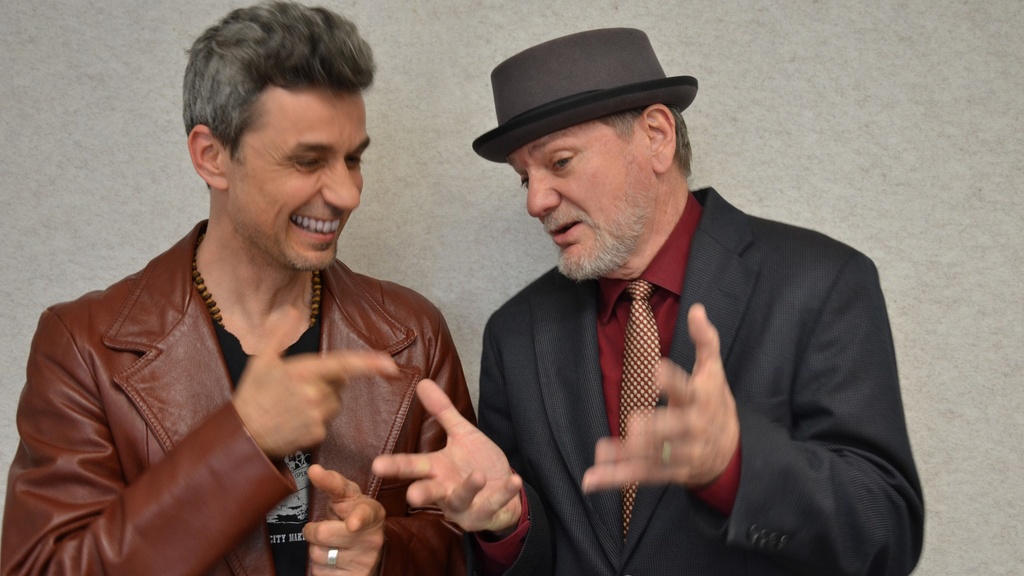
The Making of "Hot Tamale Louie": Fantastical immigrant’s tale inspires multi-genre production
Tuesday, March 28, 2017
Sometime between chemo and radiation, John Rapson was struck by inspiration. It came in the form of a New Yorker article. The long piece, “Citizen Khan” by Kathryn Schulz, is as meandering and rich as its subject: Zarif Khan. After reading the article last June, Rapson, a jazz professor in the School of Music, immediately knew that he’d found the subject for a new piece. Not only would it include...
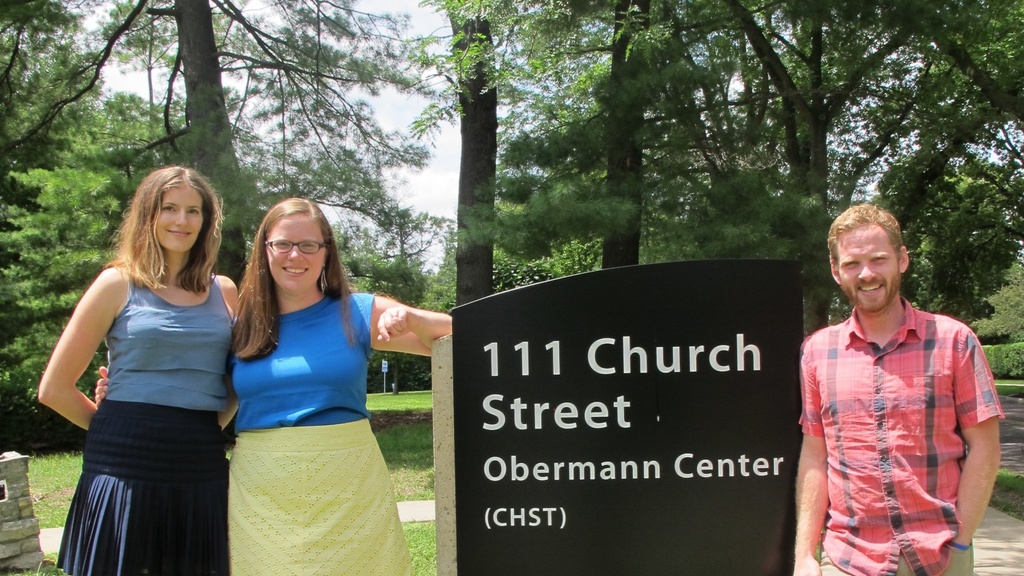
The Meek and the Mighty: Interdisciplinary Research Grant Explores Diversity Programs
Wednesday, September 14, 2016
The “Big Ten Conference” is often used as shorthand for football. But faced with demands for a more just society, this group of Midwestern research universities has also taken the lead in making higher education accessible. In 1968, at the height of the Civil Rights Movement, Indiana University led the Big Ten in establishing a program for first-generation college students. A decade later, in 1979, during the Women’s Movement, Ohio State University was the first in the Big Ten to create a living-learning community to support and recruit women in STEM fields. Since then, Big Ten schools, like most universities in the United States, have implemented programs that provide community, mentorship, and other forms of support to minority and culturally diverse students.
What factors influence the time to adoption of these programs? What impact do the programs have shortly after they’re adopted? Does, for instance, the percentage of women majoring in STEM fields increase on campuses that implement those support programs? Do students who participate in such programs tend to stay enrolled at the school and finish their degrees, compared to students who don’t?
These are the questions Aislinn Conrad-Hiebner (School of Social Work, CLAS), Martin Kivlighan (College of Education), and Elizabeth Menninga (Political Science, CLAS) are exploring as part of their fledgling project “The Meek and the Mighty: Exploring Diversity Programs among Big Ten Universities,” which they initiated last summer as part of an Obermann Interdisciplinary Research Grant.
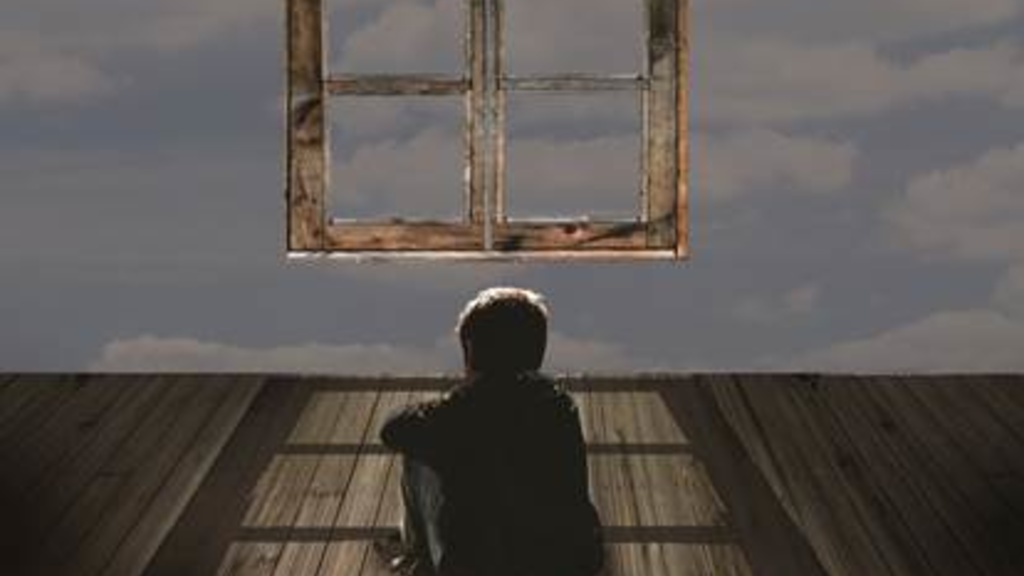
Obermann-Incubated Project Comes to a Crescendo
Monday, October 6, 2014
Masks give us permission to explore new ideas or to more bravely enact ways of being that we don’t usually give ourselves permission to pursue. They invite playfulness, humor, parody, and even a bit of mischief. Think Halloween costumes and masquerade balls. All of the qualities that masks allow and invite also make them a clever tool for exploring social issues, which is the aim of a new UI...
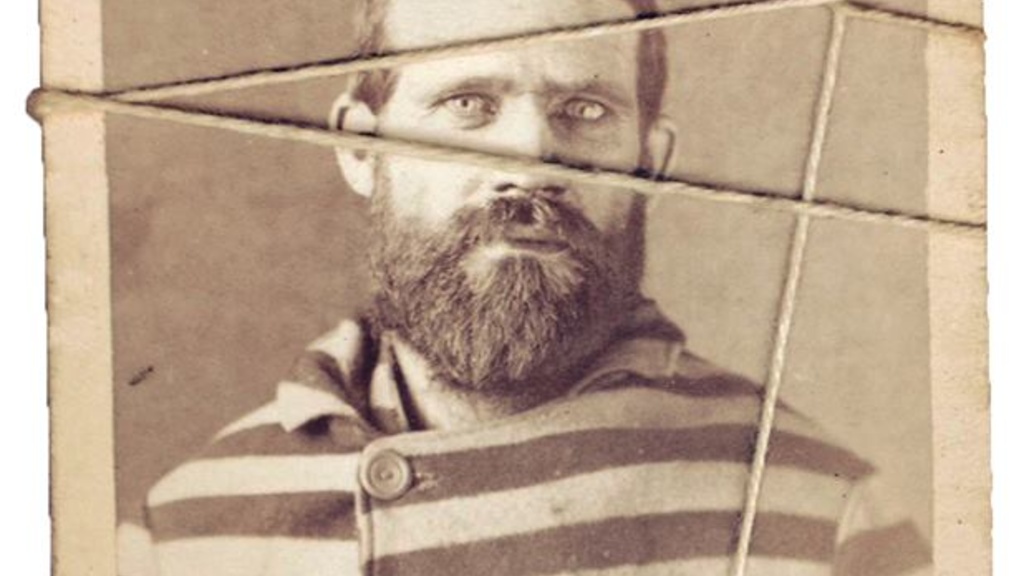
Incarcerated in Iowa - Relationship Forged at the Obermann Graduate Institute Results in Prisons Project and Symposium
Tuesday, September 2, 2014
Conversation Begins at Obermann Graduate Institute: Kathrina Litchfield, recent SLIS grad and a current PhD candidate in Language, Literacy, and Culture (College of Education) and Gemma Goodale-Sussen (English, CLAS) met for the first time last January as Fellows of the Obermann Graduate Institute on Engagement and the Academy. As they shared their respective public engagement projects, each woman...
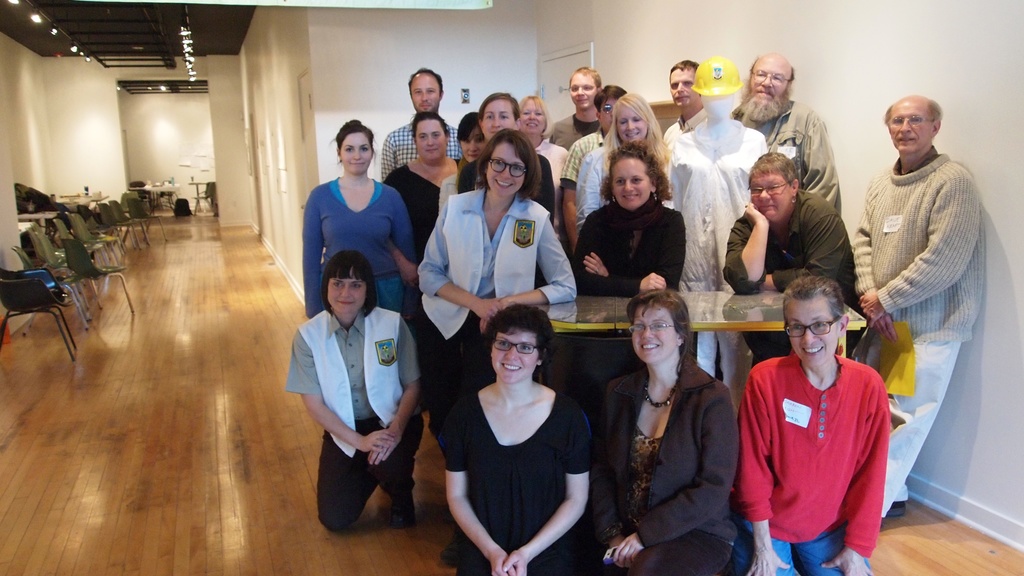
Memorializing the Cold War, One Ambiguous Site at a Time
Wednesday, October 30, 2013
Memorializing the Cold War One Ambiguous Site at a Time: How should the Cold War be memorialized? This question forms the backbone of the Obermann Interdisciplinary Research Grant project of Sarah Kanouse (Art & Art History, CLAS) and Shiloh Krupar (Geography, Georgetown University).Through their “wishful federal agency,” The National Toxic Land/Labor Conservation Service,” also known as the National...
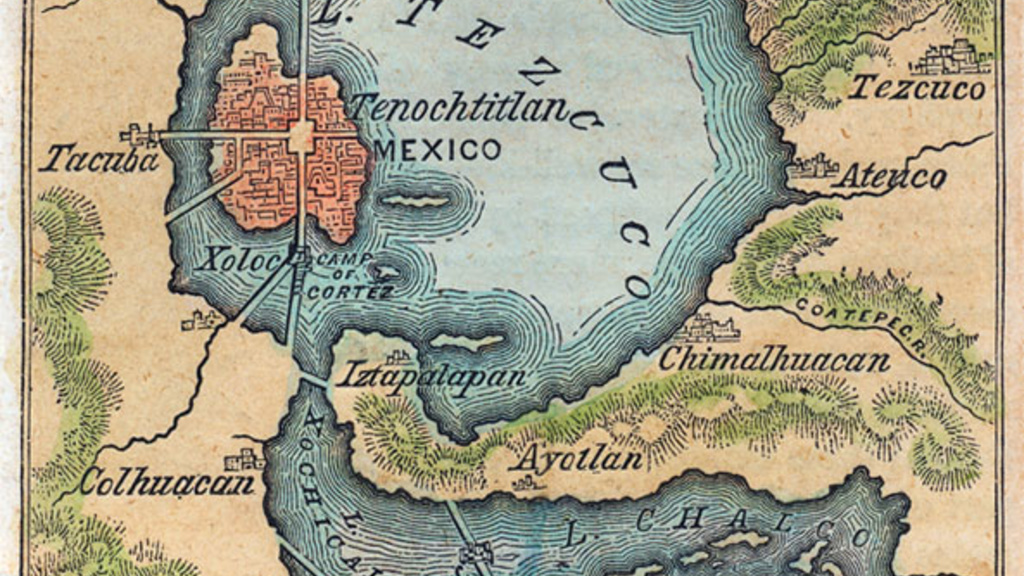
Translating Ixtlilxochitl’s Thirteenth Relation
Monday, September 30, 2013
At the death of an Aztec king, two brothers contest their father’s throne. A civil war ensues and ends with the kingdom divided in two. A number of years later, a Spanish conquistador named Cortés arrives in the area and one brother sends him an offer: I’ll help you if you help me. With the Spaniard’s assistance, the one brother is deposed, while the other not only takes the throne but fights...
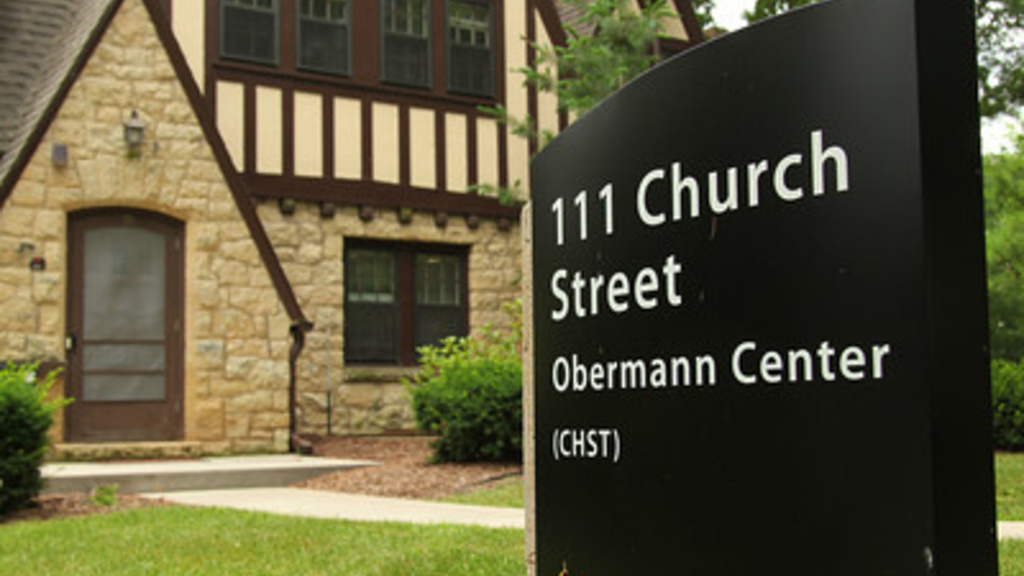
Interdisciplinary Research Grant Groups in Residence for July
Wednesday, July 10, 2013
Three groups of scholars are currently in residence at the Obermann Center throughout July as part of the Obermann Interdisciplinary Research Grants (IDRG). These grants foster collaborative scholarship by offering recipients with intensive time, as well as space, in which to exchange new ideas leading to invention, creation, and publication. Past IDRG recipients have created a music therapy app...

Overlap of Gesture and Memory
Wednesday, August 22, 2012
When Susan Wagner Cook, an assistant professor in Psychology (CLAS) submitted a paper on hand gestures a few years ago, she received feedback from reviewers that her understanding of memory was about twenty years behind. Disappointed, but also knowing that she was unlikely to assimilate two decades of research into her thinking without serious commitment, she tabled the paper. She gave it second...

Taking a Page from Industry to Clean Up Drinking Water
Wednesday, August 8, 2012
There is more in that glass of water you just drank than meets the eye. Caffeine, perfumes, ibuprofen, and hormones are just a few of the pollutants that are not regulated and for which wastewater plants do not commonly treat. Known as “emerging contaminates,” these pollutants are accepted largely because there is no clear way to remove them. And so we all drink them regularly. What if we could...
Illustrating Plutarch
Monday, July 30, 2012
Artist Katie Merz and author John D'Agata first met nearly ten years ago when they were at the MacDowell Colony, the famed artists' colony in New Hampshire. More recently, they reconnected when both had residencies in Marfa, Texas. "I was making acetate pieces in which I took text from things I was reading and threw it into old cartoons," says the Brooklyn-based Merz whose style comes in part from...